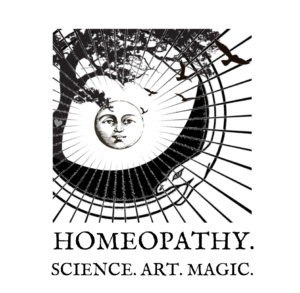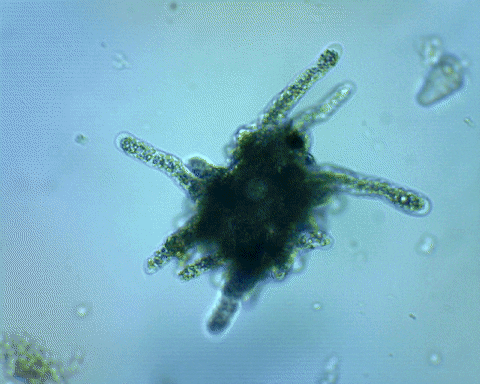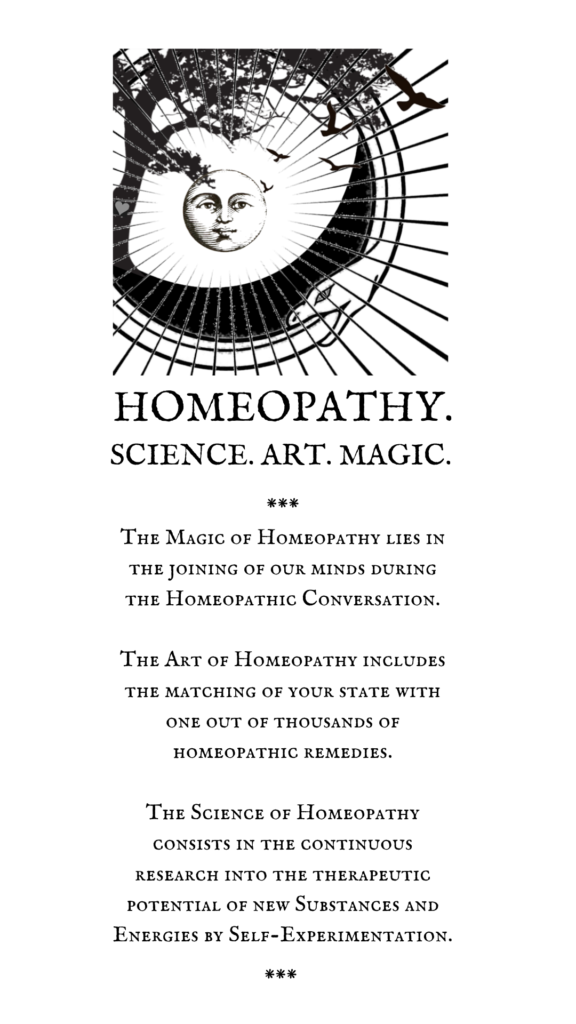How are homeopathic remedies prepared?
Homeopathic thought and technique stem from the preindustrial era, where todays rampant alienation of the labourer, as described by Marx, had not yet had cause to exist.
Do you know the magic of deeply engaging in the work process, and the satisfaction you derive from it?
Surely you also know the drudgery of working through a list of menial tasks, bordering on the meaningless, whilst you are looking forward to going back home at night, surviving only by preparing for the weekend or the upcoming holidays…
Homeopathic remedies are still prepared by hand in their lower potencies.
If you ever had the chance, to chose a substance in the wild and to prepare it homeopathically, you know that it is not just an empty ‘going through the motions’.
There is a deeper participation in the action taking place, akin to the states of absorbtion reached by the artist during the creative process, or the artisan, whilst exercising his or her craftsmanship.
It is in this induced altered state, where the boundaries between subject and object are losening up, and the first glimpses of the healing potential of the remedy under preparation can appear to the attentive observer.
In order to get a fuller and precise picture of the healing properties of a homeopathic remedies, that includes physical symptoms as well as dispositional states, it needs to be tested on individuals in good health. The symptoms produced by the participants of the so-called ‘Proving’ are then gathered, as if they would belong to one single person.
These symptoms are then listed in the homeopathic Materia Medica and the Repertory and will be enriched by the more extreme symptoms known through the toxicology of the substance, as well as through insights gathered by individual cases where the remedy under investigation has acted curatively.
Homeopathic remedies – here another reference to the Romantics (see for instance the books of Alice A. Kuzniar in this regard, in the anglosaxon world; there is no shortage of publications on this topic in German(!)) – are never totally proven, never fully understood and our remedy pictures will always remain a ‘work in progress’.
It is an asymptotic movement – potentially eternal – towards the infinite of our understanding of our world, our patients, our remedies and ourselves.


